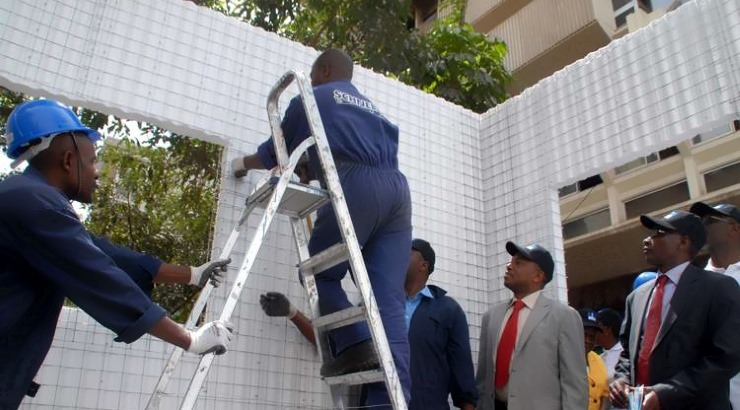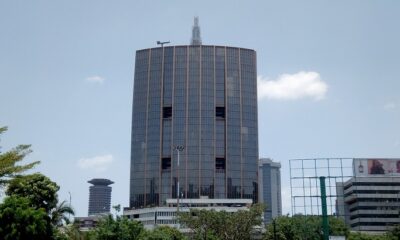Project News
NHC to build 2,000 prefabs homes at a cost of Sh1 billion
The new houses will be built using the Expanded Polystyrene (EPS) technology.

The National Housing Corporation (NHC) has unveiled plans to build 2,000 prefabricated houses worth Sh1 billion as the firm seeks to boost provision of affordable housing in Kenya.
NHC managing director Wachira Njuguna said the state-owned firm had last year received Sh1.2 billion from Treasury, the first allocation in three decades, to finance construction of at least 50 units in every county.
Mr Njuguna said the new houses will be built using the Expanded Polystyrene (EPS) technology that involves construction of houses by assembling ready-made EPS foam, sandwiched between a galvanised steel wire mesh that is plastered on both sides with concrete.
“EPS technology offers a substitute for building stones and timber, guaranteeing better quality finished products that have thermal insulation and are environmentally friendly,” said Mr Wachira.
The technology, said Mr Wachira, will greatly accelerate housing in the country, with a three-bedroom house costing Sh1.2 million down from Sh2.4 million for a brick and mortar house.
A standard two-bedroom house measuring about 100 square metres requires about 70 panels each weighing 15 kilogrammes – meaning an entire house can be carried in a single lorry load.
NHC has already built 100 homes in Nairobi’s Balozi Estate using EPS technology and would aggressively market it among builders across the country.
The EPS panels are manufactured at the corporation’s Sh700 million Mavoko EPS factory, which was launched in 2010.
Besides a high return on investment, building a house using EPS technology takes a shorter time in comparison with putting up a similar house using conventional materials such as stones and bricks.
The EPS technology comes at a time when the demand for housing in the country far exceeds the supply due to rapid urbanization and a burgeoning middle class.
Statistics show that about 40,000 units are supplied into the market annually against an annual demand of about 200,000 units.












